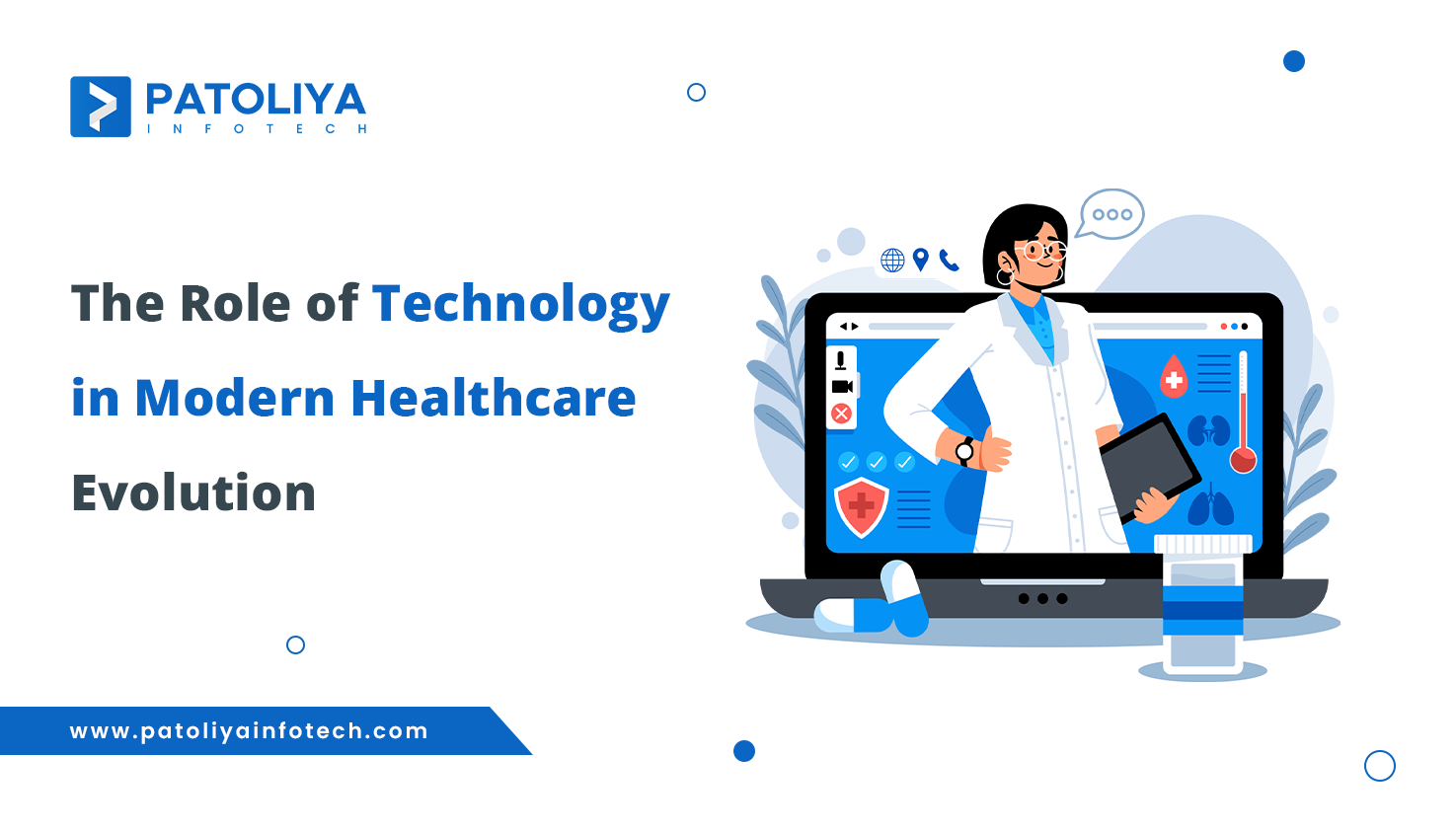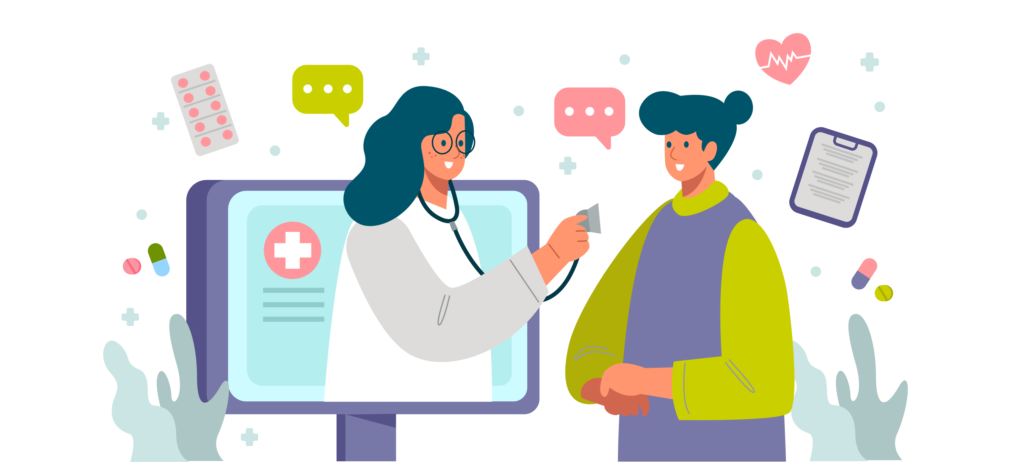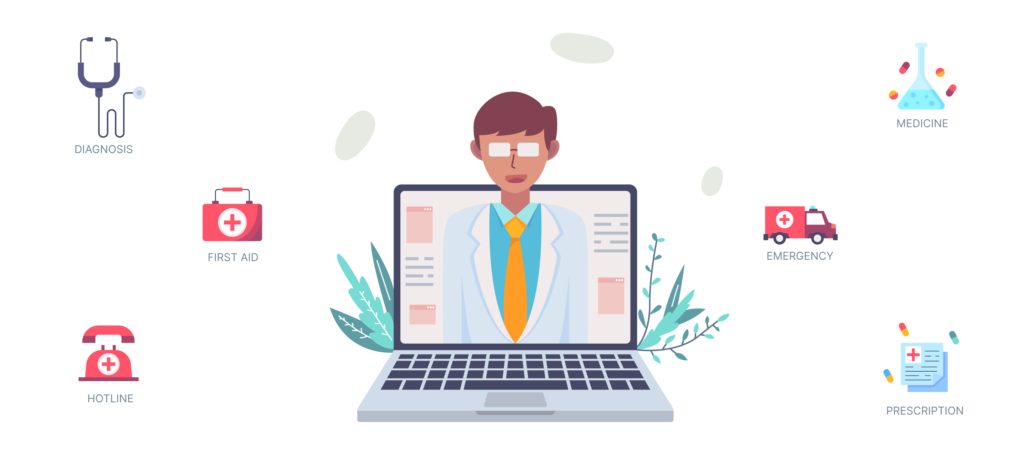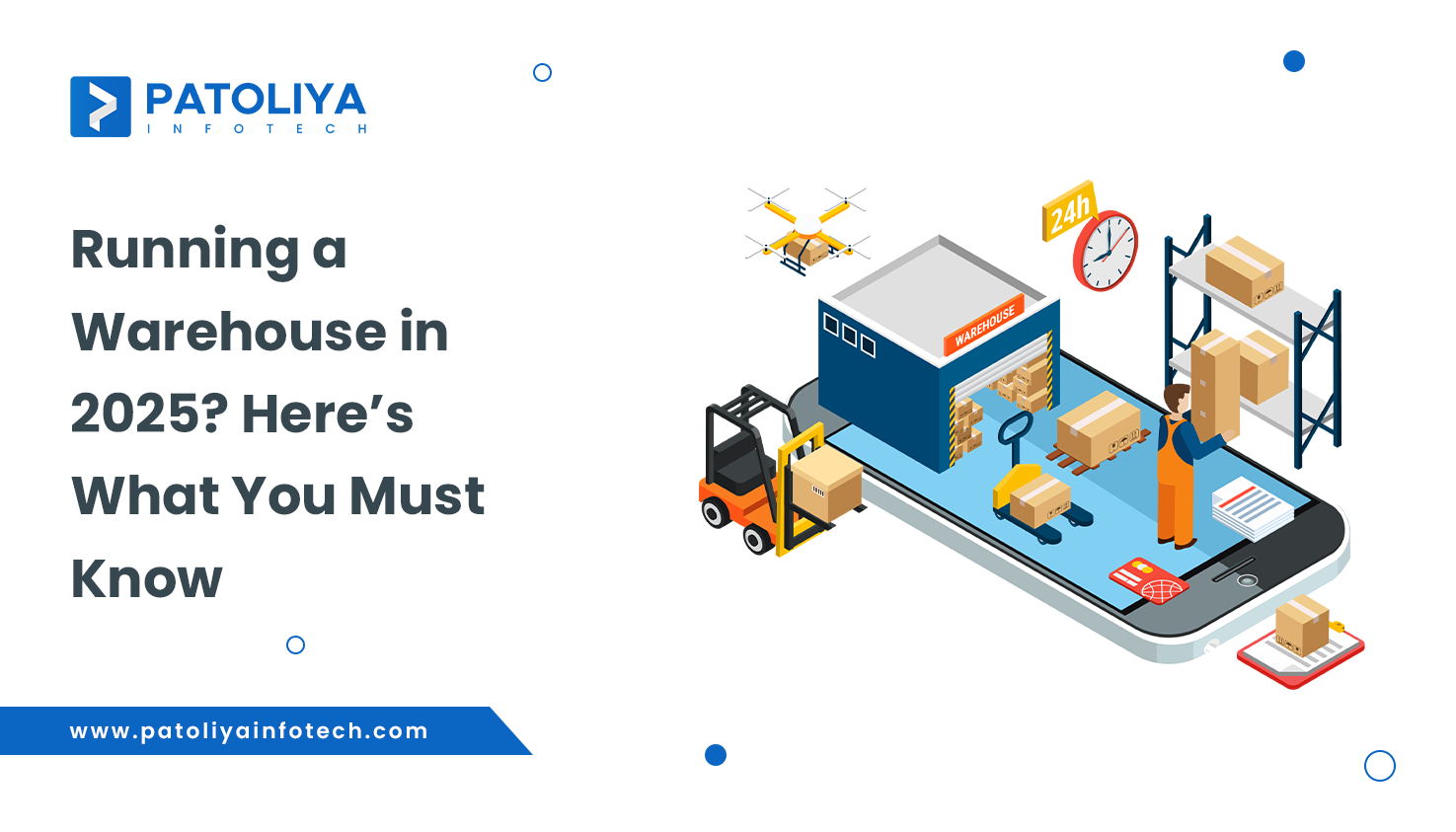A Technological Perspective on The Evolution of Healthcare

The IT Solutions for Healthcare sector is being greatly influenced by the exponential growth of information technology (IT). Since we are an information technology business that was extensively involved in this change, we are aware of how vital technology is to transforming the way healthcare is supplied, managed, and enjoyed.
With the advent of electronic health records (EHRs), telemedicine, and artificial intelligence (AI), among other new fields, IT has not only substantially improved patient outcomes but also enhanced operational efficiency. In addition to the crucial responsibilities that Customer Relationship Management (CRM) and Enterprise Resource Planning (ERP) technologies have played in this quick-paced sector.
Also you can check this out a detailed overview of Hospital software management solution.
It is clear that, as we continue down this innovative route, the integration of IT into healthcare is not only a trend but also crucial to the industry's success in the future. The innovations we've already seen—from enhanced patient involvement via CRM systems to expedited processes via ERP—are only the start. With the help of these technologies, healthcare professionals may maximize their resources while providing individualized, effective, and high-quality treatment.
The Shift Toward Computerization: IT Solutions for Healthcare
The journey toward entire medical computerization was started when discussions about how computers may enhance medical practice started in the 1960s. It was not until the 1980s that personal computers and Windows-based software became commonplace in medical offices, despite the fact that initially they were largely used for billing.
The 1990s saw the introduction of the Internet, which brought about a significant breakthrough in healthcare by enabling closer and more cooperative relationships between doctors, patients, and other stakeholders. Through improved data management, improved patient outcomes, and increased overall efficiency, the widespread adoption of EHRs in the 2000s helped to further cement IT's place in the healthcare industry.
The Rise of CRM in Healthcare
Systems for customer relationship management, (CRMs), have grown in significance within the healthcare sector. CRM facilitates communication between healthcare organizations and patients, helps them manage patient contacts, and raises patient engagement. Using CRM, medical professionals are able to:
- Personalize patient interactions and build stronger relationships
- Improve patient satisfaction and loyalty
- Enhance patient outreach and education
- Streamline appointment scheduling and follow-up
- Gather valuable patient data for better decision-making
Relationship management with patients has shown CRM systems to be highly helpful, particularly when it comes to controlling chronic diseases and providing preventative treatment.
What particular improvements in patient involvement and treatment outcomes have CRM made?
In the healthcare sector, customer relationship management (CRM) technologies have had a significant impact on patient involvement and treatment outcomes. CRM has improved communication, individualized treatment, and simplified procedures by giving healthcare firms the tools they need to manage patient contacts more effectively. In specifically, CRM enhances patient involvement and care results in the following ways:
CRM systems are revolutionizing the healthcare sector through improved patient care, streamlined processes, and improved results. The capacity to transfer patient data is a crucial component of these advantages. Healthcare professionals may obtain a comprehensive understanding of each patient's medical history by combining data from many sources into one integrated platform. This helps them create effective treatment plans and make well-informed decisions, which increases productivity.

Effective communication is another key benefit. CRM systems facilitate seamless communication with patients by providing appointment reminders and follow-ups, as well as educational content through optional channels. This individualized approach fosters strong patient relationships, reinforces engagement, and encourages adherence to treatment plans. Additionally, CRM tools empower healthcare organizations to analyze patient data and identify trends, preferences, and areas for improvement. These insights inform targeted marketing campaigns, increase patient satisfaction, and improve product quality.
Learn in detailed version of CRM Systems Explained: Types, Significance, Integration, and the Role of AI
CRM systems have the important advantage of making the selecting process simpler. Reminders and automated online form alternatives reduce absences while increasing clinical effectiveness and patient satisfaction. Additionally, determining areas for improvement and comprehending patient demands depend heavily on the capacity to gather and evaluate patient data. Health care providers may provide great care and enhance their offerings by closing the feedback loop.
A potent approach for tackling health disparities is the integration of social determinants of health (SDOH) into CRM tactics. Health care organizations can create focused treatments to enhance overall results by knowing the lifestyle aspects that influence patient health. In addition to improving health equity, this data-driven approach to medical care enhances patient loyalty and confidence.
CRM systems serve healthcare companies in a number of ways. Better patient outcomes and the delivery of healthcare as a whole are facilitated by these programs' increased effectiveness, improved communication, and high-quality treatment.
The Importance of ERP in Healthcare
The healthcare business has witnessed a notable advancement in the use of Enterprise Resource Planning (ERP) technologies. From supply chain optimization to financial management, ERP supports healthcare firms in managing their internal operations. Healthcare providers can by using ERP, they can:
- Streamline administrative tasks and reduce paperwork
- Improve financial management and cost control
- Optimize inventory management and supply chain processes
- Enhance workforce management and scheduling
- Facilitate better decision-making through data integration and reporting
Healthcare companies have found great success navigating the complicated regulatory environment, ensuring compliance, and boosting operational efficiency thanks to ERP solutions.
What are the key benefits of ERP for inventory management in healthcare?
Implementing enterprise resource planning (ERP) systems in healthcare dramatically improves inventory management, providing many benefits that streamline operations and improve overall patient care. Here are the main benefits of ERP for inventory management in healthcare.
Enterprise resource planning (ERP) systems have emerged as essential tools for healthcare organizations that want to optimize their inventory. ERP provides real-time snapshots at the supply chain level, eliminating inventory and excess inventory by integrating inventory data from multiple departments into a single integration platform. This centralized approach improves communication and cross-functional collaboration, ensuring that critical resources are always available wherever they are needed.

One of the main advantages of ERP systems is the ability to automate inventory. These systems reduce manual intervention by placing orders when inventory is low through the use of intelligent systems and pre-defined thresholds and reduce the chance of human consumption error to prevent unnecessary collections and enable health care providers to manage their supply chains more aggressively.
ERP solutions have an impact that extends beyond inventory management. By automating repetitive tasks and optimizing workflows, these solutions free up employees to focus on more critical tasks such as patient care . . . . With lower labor costs, inventory is adjusted, and this increased productivity results in significant cost savings. ERPs also contribute significantly to compliance by maintaining proper documentation and assuring medical traceability, thereby reducing susceptibility to fines and preserving patient safety
ERP systems are the foundation of effective inventory management in the healthcare industry. They provide better patient care, lower costs, and operational excellence by boosting visibility, automation, and decision-making.
The Future of Healthcare IT
The healthcare sector is set up for even bigger developments in technology in the future. Blockchain, AI, and machine learning are examples of emerging technologies that are anticipated to have a big impact on healthcare in the future. Among the most common trends are:
- Predictive analytics and AI-powered decision support systems
- Personalized medicine and targeted therapies
- Remote patient monitoring and telemedicine
- Blockchain-based secure data sharing and interoperability
- Augmented reality and virtual reality in medical training and patient care
Healthcare companies will be better able to provide excellent, patient-centered care while streamlining their processes and maximizing their resources as long as they continue to use these technologies.
How will AI transform patient diagnosis and treatment plans
artificial intelligence in healthcare companies has the potential to bring forth multiple revolutionary changes in patient diagnosis and treatment planning. AI improves the accuracy of diagnosis, individually tailors treatment plans, and expedites the delivery of healthcare by utilizing cutting-edge algorithms and machine learning approaches. These crucial facets of healthcare are being transformed by AI in the following ways:

The artificial intelligence in healthcare companies is completely transforming, which has the unmatched potential to transform medical procedures and enhance patient outcomes. Diagnostics is where it has made one of the biggest impacts. AI systems are able to identify minute patterns and abnormalities that may go unnoticed by humans since they have been trained on enormous databases of medical photos. This makes illnesses like cancer, heart disease, and neurological issues easier to identify early and with greater accuracy.
Upgrade Your Ecommerce style with AI, How about Understanding the Impact of AI on Online Shopping?
AI is transforming diagnosis as well as therapeutic planning. Artificial Intelligence (AI) can assist in developing highly customized treatment plans by examining a patient's genetic composition, past health, and lifestyle. With precision medicine, side effects are reduced and therapeutic efficacy is maximized. AI is also simplifying administrative work, allowing medical staff to concentrate on patient care. AI automation improves productivity and lowers mistakes in a variety of medical record management and appointment scheduling tasks.
AI has an influence on both patient involvement and the provision of healthcare. Chatbots and virtual assistants driven by AI may answer queries, offer assistance, and give patients easily accessible health information. Wearable technology is also making it possible for patients with chronic diseases to be remotely monitored thanks to AI. Early health issue diagnosis and prompt intervention are made possible by this technology, which enhances overall patient care. AI has enormous potential to change healthcare as it develops, opening the door to a future in which illnesses are identified sooner, therapies are more successful, and patient care is more easily available and individualized.
In conclusion, there is enormous potential for better patient care as long as the healthcare sector adopts these technology advancements. We encourage you to get in touch with us if you want to use cutting-edge IT technologies to improve healthcare delivery. By working together, we can use technology to make everyone's future healthier. This is where your path to improved healthcare development begins.


